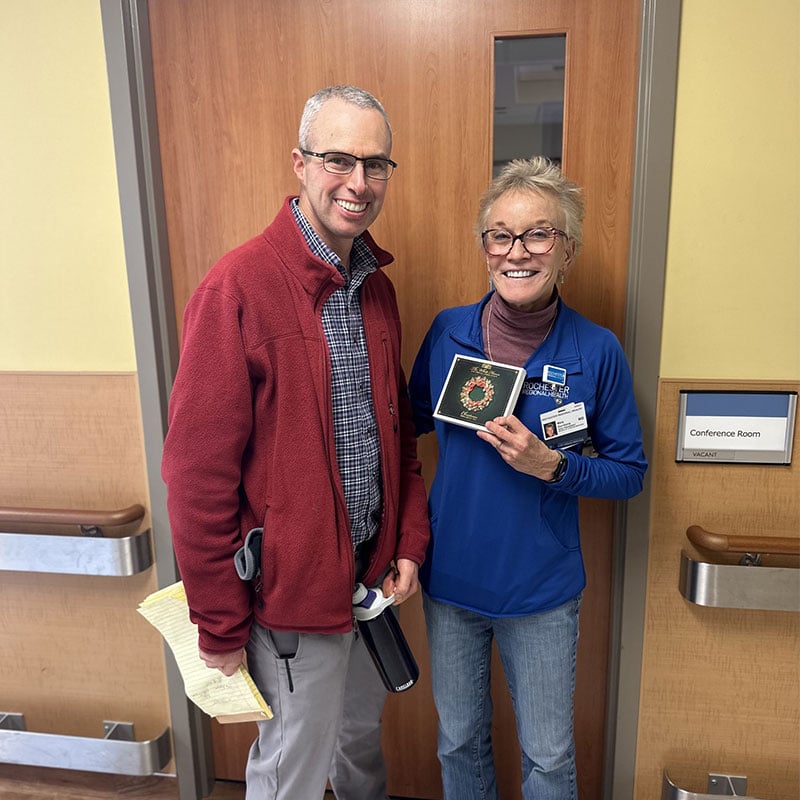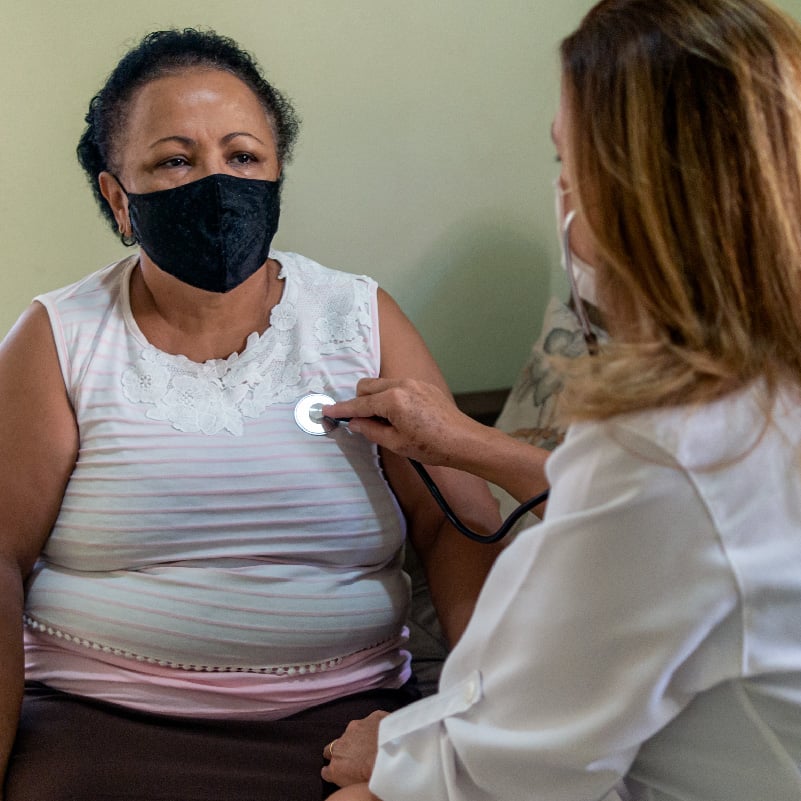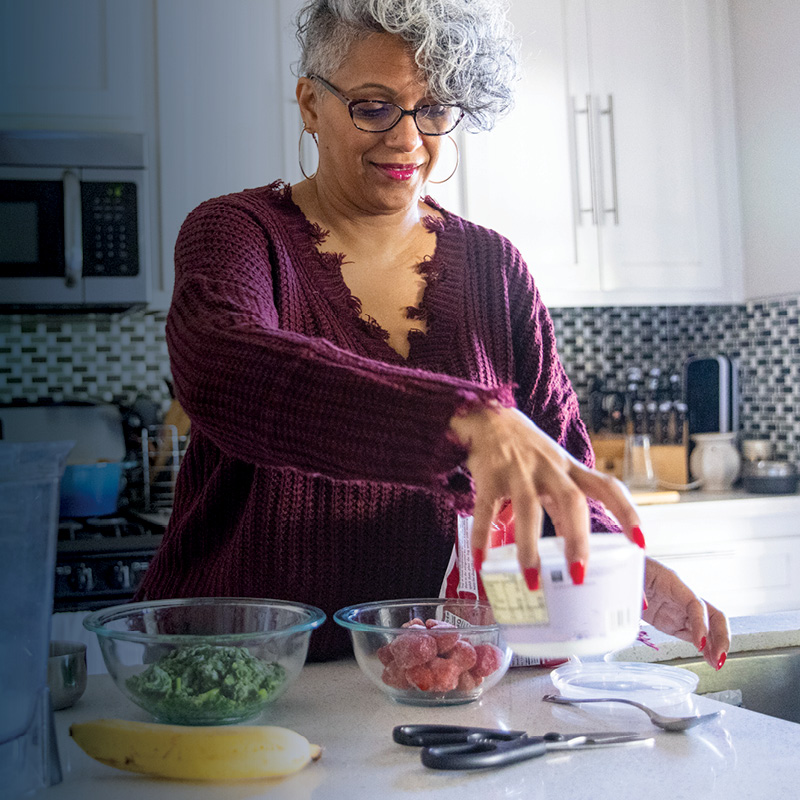At some point, most of us will accidentally injure ourselves and have a cut or scrape as a result. The best course of action in most cases is to clean out the wound with warm water and antibacterial soap, then cover it with a bandage to prevent it from getting dirty.
With some injuries, however, the wound may be more serious and require additional care.
Joseph Canzoneri, DPM, is a Rochester Regional Health podiatric surgeon and Medical Director at United Memorial Medical Center’s Wound Care Center. As a certified Wound Care Provider, he shares some things to look for when you may be weighing whether to go to a doctor or not for a wound.
1. Bleeding will not stop
The sight of blood from a wound can be startling, but if you apply firm and continuous pressure to a wound, it should stem the flow of blood to a point where clots begin to form and put a stop to the bleeding.
However, if a wound continues to bleed after 5-10 minutes of consistent pressure, call a provider to see what you should do next.
2. It’s painful
Be sure to pay attention to the duration and intensity of the pain in the hours and days after the initial injury. If the pain level stays the same or increases as time goes on, that can be a sign that the body is not able to heal the wound on its own.
Call your primary care provider and ask what the next steps should be.
“If a wound continues to be painful for more than 48 hours after an initial injury and impairs daily function and activities, contact your primary care provider,” Dr. Canzoneri said. “If your injury gets worse, or does not heal after 3 weeks, a visit to the Wound Care Center is recommended.”
3. Size of the wound
A good guideline to follow about seeking care for a wound relates to the size of the wound.
If the wound is at least ¾ of an inch long or ½ inch deep, it needs to be assessed and treated by a healthcare professional. Wounds such as these may require stitches, staples, or other forms of care that are best administered by healthcare providers.
4. Signs of infection
When the body is fighting an infection, an individual will begin to show symptoms. Some of those symptoms may include:
- Fever
- New onset of pain
- Chills/sweats
- Redness, inflammation, or soreness
- Vomiting
- Shortness of breath or rapid heart rate
Being aware of these symptoms and knowing what to look out for is very important.
“Don’t delay seeking out professional medical attention for a possible infection,” Dr. Canzoneri said. “The longer you wait, the worse the infection can become. The earlier we catch it, the easier it is to treat – which may avoid hospitalization, amputation, or death.”
5. Wound related to prior exposure to radiation therapy
Radiation exposure can cause a lack of oxygen in the body’s tissue, which is needed for healing. Non-healing wounds occur when there is a break in the integrity of the tissue.
Serious radiation-related complications developing months or years after radiation treatment are relatively rare, but will significantly affect approximately 5-15 percent of those long-term survivors who received radiation therapy. Should you develop a wound related to prior exposure to radiation therapy, contacting a wound care provider can help.
Hyperbaric Oxygen Therapy (HBO) is one treatment demonstrated to relieve symptoms of late radiation cystitis in patients who underwent radiotherapy. Our Wound Care Centers can provide HBO Therapy for patients requiring this specialized care.
Chronic wounds
For some patients, wounds may take longer than a month to heal and require specialized care. These wounds are considered chronic, and can be caused by:
- Burn injuries
- Diabetes
- Lack of mobility
- Poor circulation
- Physical trauma
- Underlying illnesses (including autoimmune disorders)
Non-healing wounds can limit your quality of life. If left untreated, they can lead to serious complications including infection, hospitalization and amputation.
If you are living with diabetes, vascular disease or other health conditions, you are at a greater risk. There is hope for non-healing wounds with wound care advanced treatments that can help wounds heal faster.
Our wound care centers at Rochester Regional Health provide advanced care for complex wounds so that you can regain your health and get back to doing the things you love.






